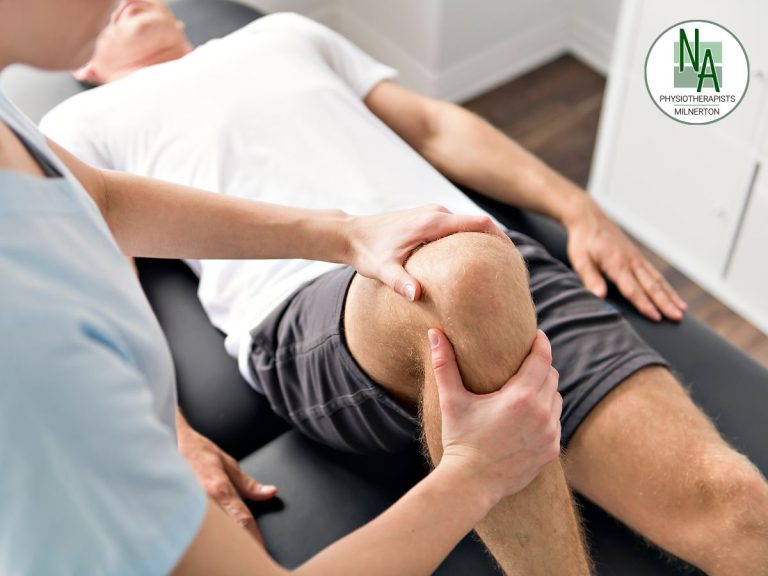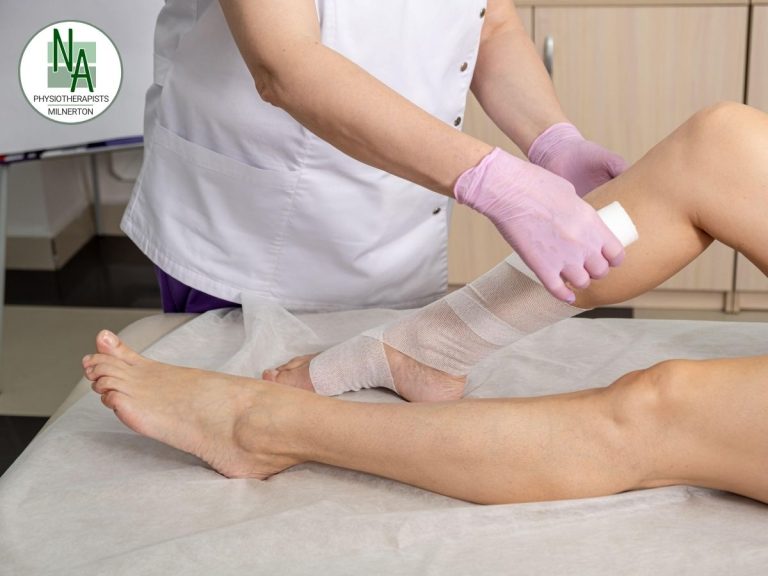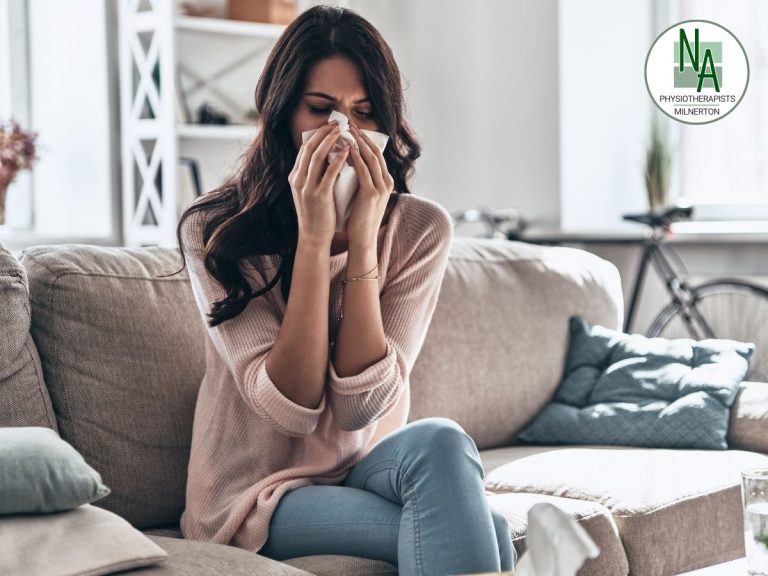It’s that time of year again — the seasons are changing, and viruses and pollens are free-floating in the air. Let’s look at what we can do to minimise illness and prevent unnecessary hospital admissions.
For most parents, a runny nose in their child is nothing new. However, it’s important to know when to take note and seek help. These days, hospitals can test for a variety of viruses such as RSV, metapneumovirus, rhinovirus, adenovirus, parainfluenza, COVID-19, and influenza. These tests help doctors determine the best course of treatment.
Most viral infections are treated symptomatically unless the child is struggling to breathe, appears weak, is mouth-breathing, not taking in fluids or food, or has excessive coughing or wheezing. When these symptoms appear, it’s time to see a paediatrician, physiotherapist, or head to the emergency department — as the situation can escalate quickly.
Home Care Tips
Start treatment at home with simple measures:
- Use saline nasal sprays to help thin the mucus.
- Keep your child active so they can cough and sneeze to clear their airways.
- Air out your home regularly to improve ventilation.
- Limit close contact between siblings to prevent spreading infections.
- Keep your child at home from school or crèche if possible, to protect others.
If your child is coughing excessively or vomiting due to too much mucus, observe the colour of the secretions. Clear or white mucus is usually viral, while thick yellow, green, or grey mucus often suggests a bacterial infection that may require antibiotics.
Asthma Awareness
For children with asthma, this time of year can be especially challenging. Try to minimise exposure to common triggers such as grass, pollen, and dust mites. Always ensure that your child has an up-to-date inhaler both at home and at school or crèche. Make sure caregivers and teachers are aware of your child’s asthma plan and know how to respond in an emergency.
Good Hygiene Habits
Teach your child to cough or sneeze into their elbow and to blow their nose properly as early as possible. For babies, nasal suction can be very effective — you can use a baby vac at home or visit a physiotherapy practice like ours, where suction machines and trained staff are available.
As first-line practitioners, physiotherapists are able to assess your child’s condition and determine whether urgent referral to a paediatrician is needed.
When to Seek Medical Advice
Children get sick easily, and while your GP can usually help, we recommend that any child under two years of age with respiratory symptoms be assessed by a paediatrician.
Although we can’t prevent every virus your child breathes in, we can reduce the spread. Work together with your child’s school or crèche — keep them informed about your child’s chest condition so that other parents can make informed decisions. Remember, viruses spread easily through the air and by touch — and young children have no sense of personal space! Babies, in particular, are especially vulnerable.









